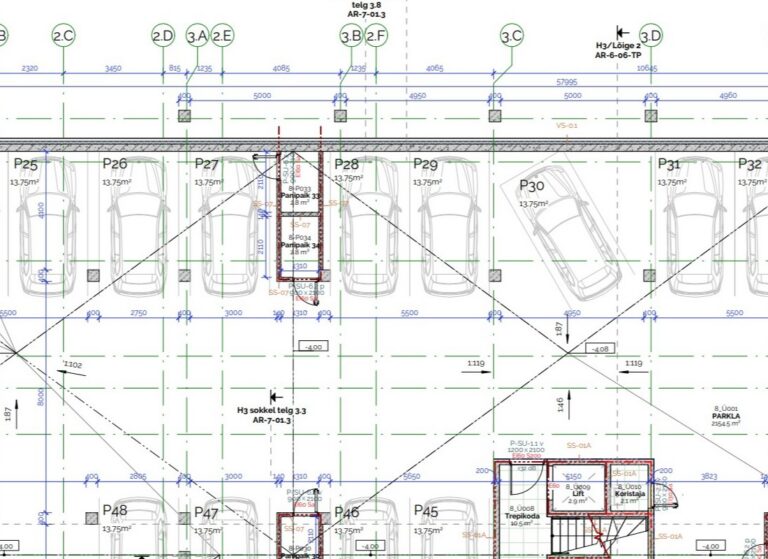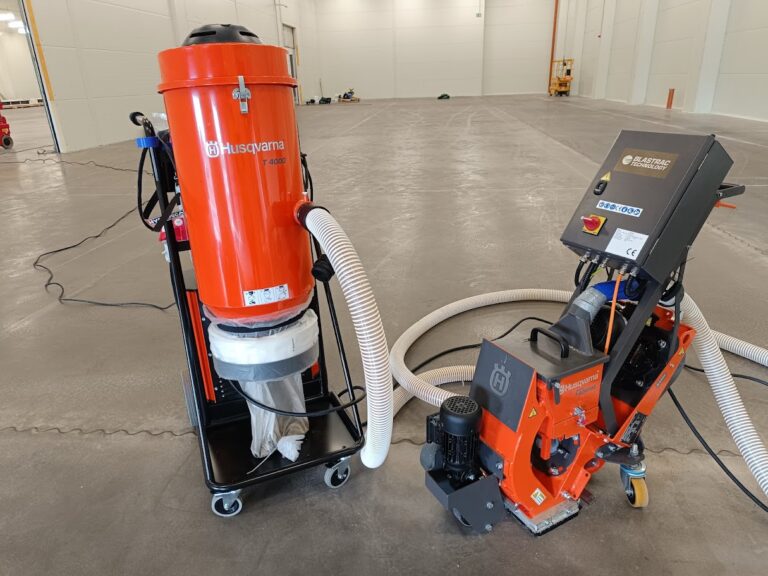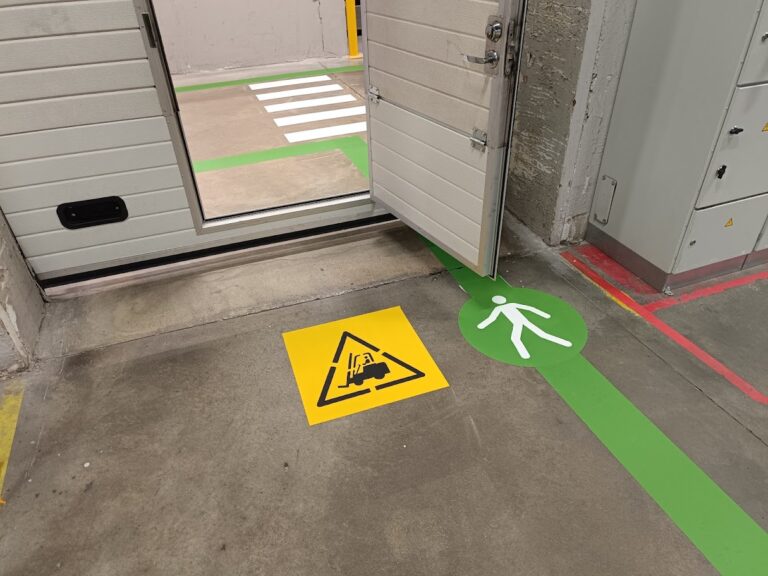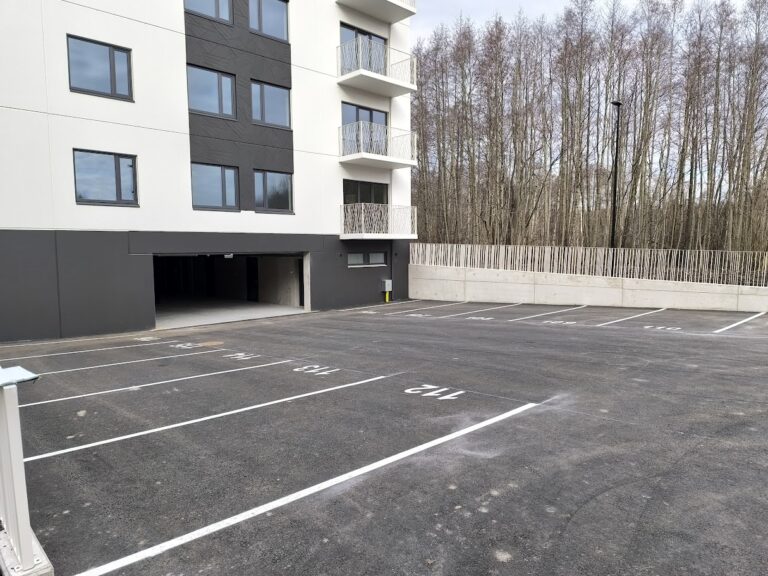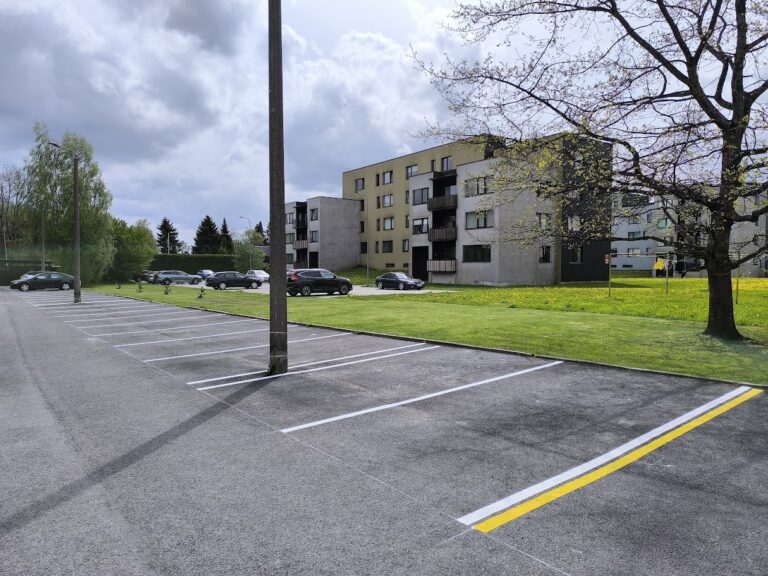Epoxy floors are one of the most durable and practical solutions for concrete floors. They are suitable for everything from garages to industrial premises, as the epoxy coating makes the surface strong, smooth, dust-free and chemically resistant. Below is a clear overview article summarising the most common types of epoxy coating, price ranges and what to look out for before deciding.
What is an epo floor?
Epoxy flooring is a layer of epoxy resin applied to concrete to make the substrate dense and wear-resistant. It can be a thin layer of paint, a self-leveling grout or a thicker filler that can withstand very heavy loads.
It has the advantage of lasting for decades if the preparation and system selection are right.
Types and differences of bile floors
The table below makes the main types quickly apparent.
Comparison table of epoxy floors
| Variant | Description | Layer thickness/strength | Suitable place of use |
|---|---|---|---|
| Epoxy paint / epolacquer | A thin layer of paint to bind dust and refresh the surface. | 0,1-0,2 mm | Light-load rooms, garages, utility rooms. |
| Isetasanding epomass | Uniformly self-leveling pourable mass. Gives a smooth and beautiful result. | 1-2 mm | Garages, warehouses, light manufacturing. |
| Epolive mass (friction mass) | Epoxy + sand. Very sturdy, resistant to lifts and point loads. | 3-4 mm | Industrial premises, garages, heavy machinery rooms. |
| Chemical resistant epocats | Special coating for aggressive chemicals, oils and temperatures. | 2-6+ mm | Chemical industry, cold stores, laboratories. |
Price bands in Estonia
Prices may vary from property to property, but the general range is as follows:
- Epoxy paint / epoxy varnish: 9-17 €/m²
- Self-leveling epoxy (2 mm): €19-27/m²
- Epoxy putty / rubbing compound (3-4 mm): 25-38 €/m².
- Chemically resistant systems: from ~37 €/m²
In addition to the thickness of the layer, the condition of the substrate, the size of the room, the colour tone, the decorative effect and the complexity of the finish also influence the price.
Important aspects before ordering an epoxy floor
1. Surface preparation is critical
Sanding, cracking, oil removal and priming determine whether the coating will last.
Poor preparation = subsequent bubbles, peeling and cracking.
2. The load class must be selected according to the use
- 6 mm industrial roofing is not required for the home garage
- thin epoxy paint is not suitable for a room with lifts
A small wrong choice = a big cost later.
3. Choice of material: epoxy vs polyurethane
Epoxy is stronger mechanically.
Polyurethane is more resistant to UV light and temperature.
Mostly used together – epoxy base, PU top.
4. Colour and design
Epoxy can be made:
- stock
- matt or glossy
- with flakes
- with metallic effect
Decorativeness adds to the price, but gives the room a completely different quality.
5. Installer experience
In fact, two similar bids can mean very different results.
Epoxy is not forgiving of mistakes – if the mix is mixed incorrectly or the installation is uneven, it is immediately obvious.
6. Maintenance and use
Epoxy flooring is easy to maintain: regular washing and avoid sharp impacts.
A properly selected coating will last for years without rework.
Summary
Epoxy flooring is a practical solution that makes concrete floors strong, beautiful and easy to maintain. The choice depends on the use of the space: epoxy paint for light spaces, epoxy paste for industrial areas and a chemical-resistant system for special conditions. A good result is the result of the right choice of system, proper preparation and professional installation.
